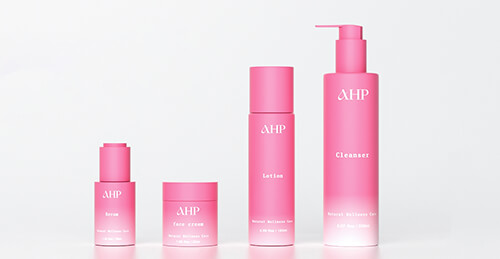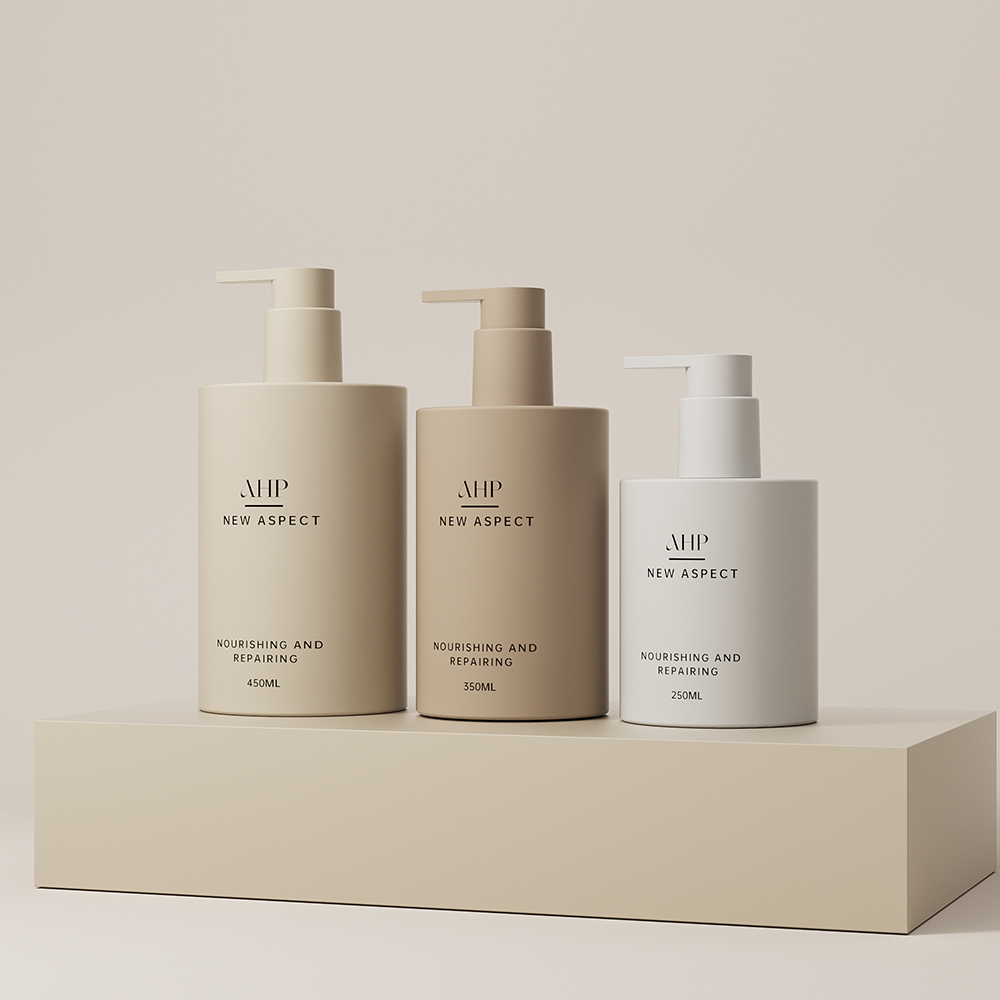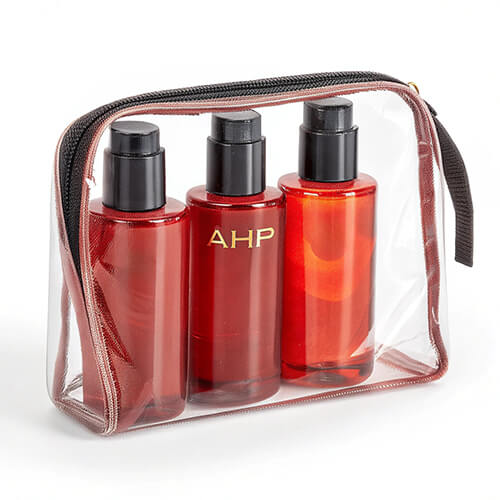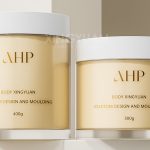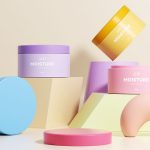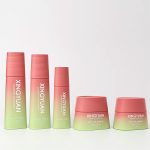Outline
- 1 The New Standard for Luxury Beauty Brands
- 2 1. Why Luxury Brands Are Investing in Sustainable Packaging
- 3 2. Key Features of Sustainable Luxury Packaging
- 4 3. Refill Systems and Circular Luxury Models
- 5 4. How Sustainability Enhances Brand Storytelling
- 6 5. Challenges and How Brands Are Overcoming Them
- 7 6. Leading Brands Setting the Benchmark
- 8 Conclusion: Redefining Luxury Through Sustainability
The New Standard for Luxury Beauty Brands
In the past, luxury and sustainability were often seen as opposing ideals—one focused on indulgence, the other on restraint. Today, however, a new generation of consumers and a growing environmental awareness are pushing premium skincare and cosmetics brands to redefine luxury through sustainability.
High-end brands are now expected to lead the charge in eco-packaging innovation, combining refined aesthetics with responsible design. The result is a new benchmark: luxury that respects both the consumer and the planet.
1. Why Luxury Brands Are Investing in Sustainable Packaging
Sustainability has become a non-negotiable factor in purchasing decisions, even among high-income consumers. According to multiple market reports, affluent shoppers are increasingly aligned with environmental values, and they’re willing to pay a premium for brands that reflect their ethics.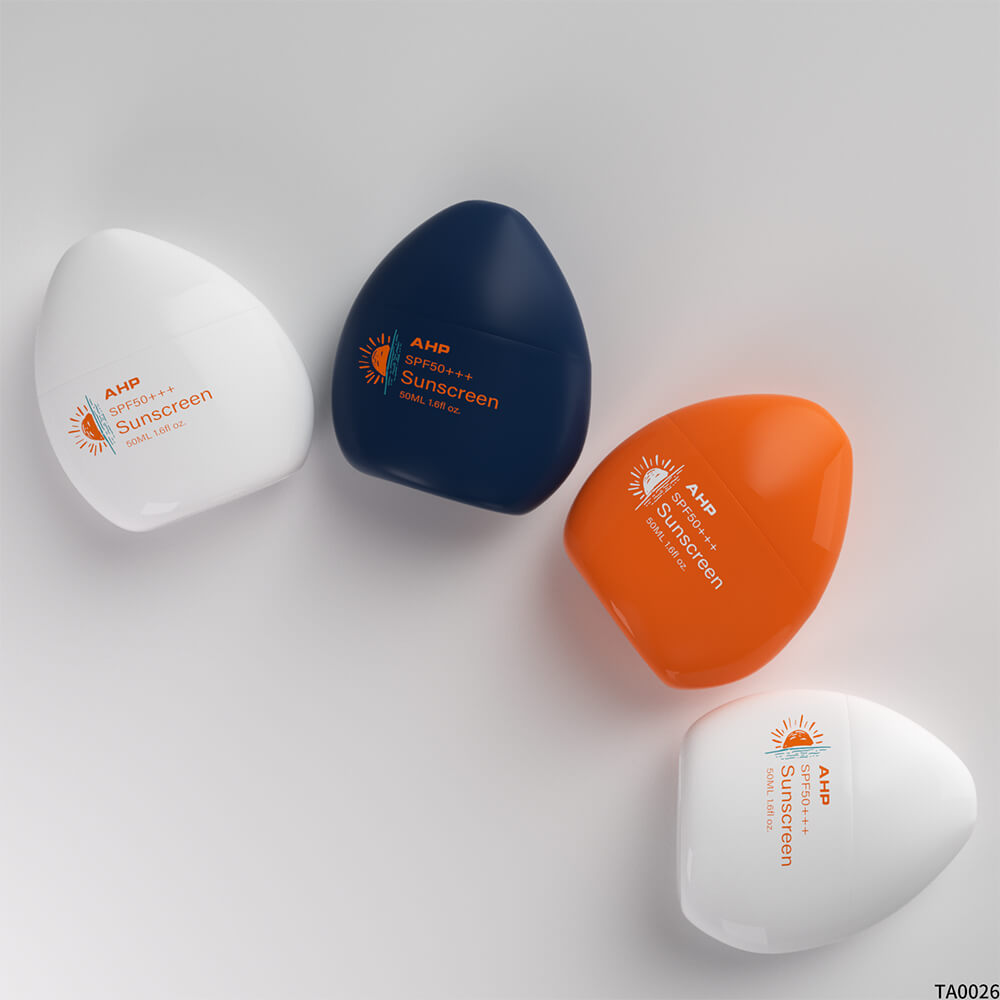
Key drivers include:
- Regulatory pressures on packaging waste
- Rising demand from Gen Z and Millennial luxury buyers
- Brand reputation risks associated with unsustainable practices
- Competitive advantage for early adopters of eco-design
Luxury brands can no longer rely solely on visual appeal—they must also demonstrate environmental leadership.
2. Key Features of Sustainable Luxury Packaging
To satisfy the demands of both eco-conscious and design-driven customers, luxury brands are adopting packaging strategies that balance sustainability with sophistication.
High-End Materials That Are Also Sustainable
- Recycled glass: Offers a premium look with infinite recyclability
- Brushed aluminum and steel: Lightweight, sleek, and reusable
- Bamboo and FSC-certified wood: Adds an artisanal, natural touch
- Recycled paper and kraft board: For secondary packaging, with minimalist appeal
Design Considerations
- Refillable formats: Jars, lipsticks, and serum bottles designed for lifetime use
- Modular packaging: Components that are easy to disassemble and recycle
- Low-impact finishes: Avoiding plastic laminates and opting for vegetable-based inks and water-based coatings
- Limited and seasonal editions: Encouraging collectability while reducing overproduction
3. Refill Systems and Circular Luxury Models
Refillable packaging is one of the most successful and visible innovations in luxury eco-packaging. These systems offer multiple benefits:
- Reduce packaging waste over the product’s life cycle
- Deepen brand-consumer interaction through exclusive refill experiences
- Create upsell opportunities through collectible outer containers
Examples in practice:
- Hermès Beauty offers refillable lipsticks in elegant metal cases
- Chanel No.1 features refillable skincare jars with minimalist design and recyclable components
- YSL Beauty’s Or Rouge Crème is presented in a reusable golden jar with a refillable insert
These products signal that sustainability enhances exclusivity, rather than diminishing it.
4. How Sustainability Enhances Brand Storytelling
Luxury consumers often buy emotions, values, and narratives as much as they buy products. Sustainability provides a powerful story—one of responsibility, authenticity, and innovation.
By highlighting:
- Ethically sourced packaging materials
- Certifications (FSC, Cradle to Cradle, Carbon Neutral)
- Transparent supply chains
- Responsible end-of-life disposal
brands can build a deeper connection with their audience. Eco-conscious packaging isn’t just a feature—it’s part of the brand’s DNA.
5. Challenges and How Brands Are Overcoming Them
Despite the momentum, integrating sustainability into luxury packaging comes with obstacles:
- Cost of premium sustainable materials
- Complex supply chain coordination
- Concerns over material performance and shelf life
Solutions include:
- Partnering with innovative material science companies
- Investing in R&D for refill mechanisms and mono-material designs
- Phasing in sustainable elements gradually, starting with limited editions or hero products
6. Leading Brands Setting the Benchmark
- La Prairie: Uses recycled and refillable glass for its skincare line, emphasizing long-term luxury
- Tata Harper: Combines green beauty formulations with recyclable glass and paper packaging
- RMS Beauty: Offers refillable makeup compacts made of metal and post-consumer resin
- Byredo: Fuses fragrance artistry with minimalist, recyclable bottles and biodegradable materials
These brands prove that luxury can be a force for positive change when paired with thoughtful design.
Conclusion: Redefining Luxury Through Sustainability
Luxury beauty is entering a new era—one where elegance, performance, and ecological awareness go hand in hand. Packaging is no longer just a visual or tactile component; it is a core part of a brand’s ethics and identity.
Forward-thinking brands that integrate sustainable principles into their packaging strategy will not only gain consumer trust but will help shape the future of the beauty industry—where luxury is both aspirational and responsible.
